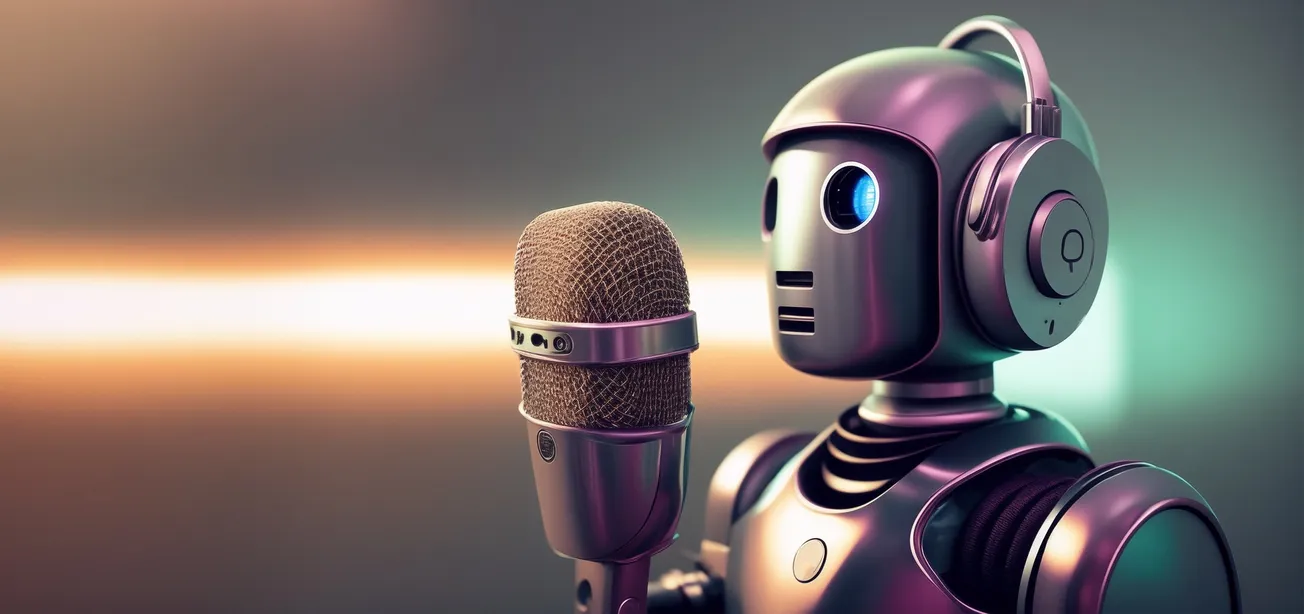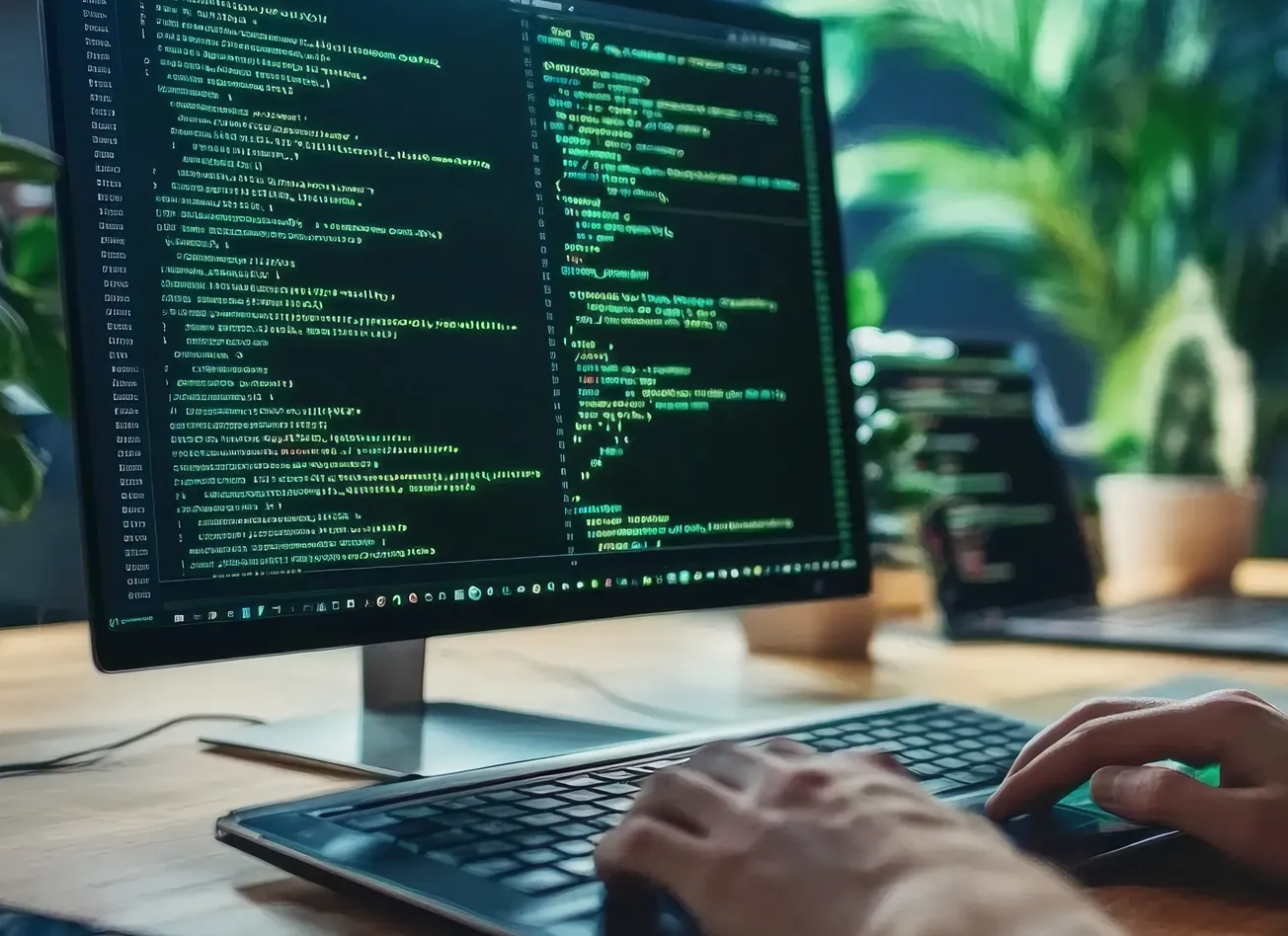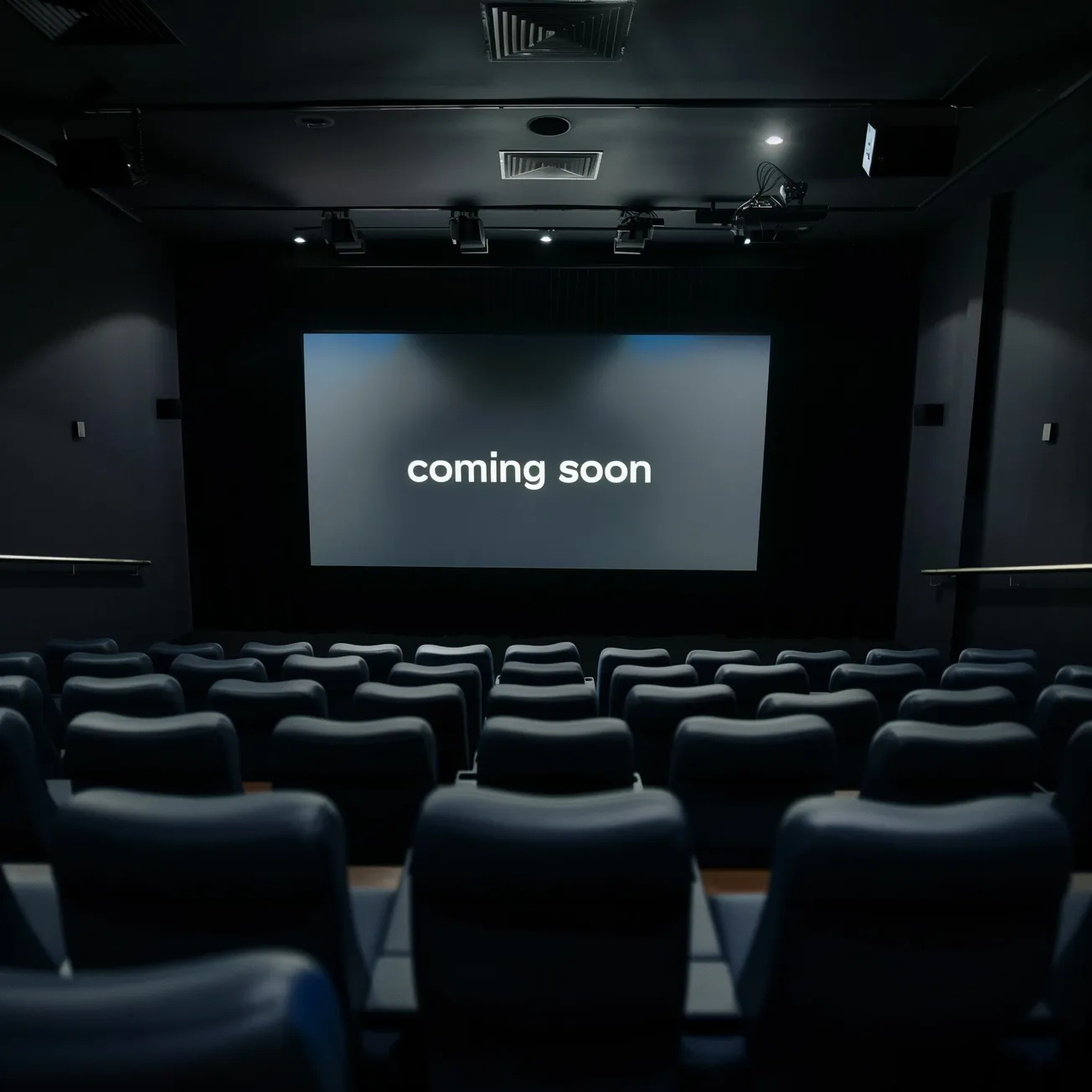In today's digital age, audio editing has become indispensable in various industries, including music production, podcasting, film production, and more. With the advent of artificial intelligence (AI), the realm of audio editing has undergone a remarkable transformation. AI-powered tools and techniques have revolutionized the way audio is edited, offering unprecedented precision, efficiency, and creative possibilities. In this article, we will explore the ways in which AI is used to edit audio, enabling professionals to achieve exceptional results and pushing the boundaries of what is possible in the realm of sound.
Automated Audio Restoration
AI-based algorithms have made significant strides in restoring damaged or low-quality audio recordings. Using advanced machine learning techniques, these algorithms can intelligently analyze audio signals, identify noise, clicks, pops, and other artifacts, and effectively remove or reduce them.
- AI algorithms can analyze audio and automatically remove unwanted background noise, hum, or hiss.
- Restoration tools can repair damaged audio by filling in gaps or missing parts with synthesized audio.
- Machine learning models are trained on vast amounts of audio data to improve their accuracy and restoration capabilities.
- Automated audio restoration saves time and effort, producing cleaner and more professional-sounding audio.
Intelligent Audio Mixing and Mastering
AI-powered audio mixing and mastering tools have emerged as game-changers in the music production industry. These tools leverage machine learning to analyze the characteristics of individual audio tracks and make intelligent decisions about levels, panning, equalization, and other parameters. Adobe currently has Podcasting software in beta testing with an incredible audio-enhancing engine.
- AI algorithms can analyze multiple audio tracks and automatically balance their levels for an optimal mix.
- Intelligent algorithms can identify and suppress unwanted resonances or frequencies, resulting in cleaner and more polished audio.
- AI-based mastering tools can analyze audio tracks and apply appropriate compression, equalization, and other effects to achieve a professional, radio-ready sound.
- Intelligent mixing and mastering tools enable faster workflows and empower artists and engineers with enhanced creative possibilities.
Vocal Editing and Manipulation
AI has also made significant strides in the realm of vocal editing and manipulation. With the help of machine learning, audio engineers can now modify and enhance vocals with unprecedented control and precision.
- AI algorithms can automatically detect and correct pitch issues in vocal recordings.
- Vocal editing tools powered by AI can manipulate the timing and rhythm of vocal performances without compromising the natural feel.
- Advanced vocal synthesis techniques enable the creation of entirely new vocal performances based on existing recordings.
- AI-powered vocal editing tools empower artists and producers to achieve perfect vocal performances and experiment with new vocal styles.
Real-time Audio Processing and Synthesis
AI is increasingly being utilized for real-time audio processing and synthesis, opening up new frontiers in live performances, interactive installations, and virtual reality experiences.
- AI algorithms can analyze and process audio signals in real-time, enabling live audio effects and manipulation.
- Real-time audio synthesis algorithms can generate realistic and expressive virtual instruments and sound effects.
- AI-powered algorithms can analyze and respond to audio input in interactive installations and virtual reality environments.
- Real-time audio processing and synthesis powered by AI provide immersive and dynamic audio experiences.
Artificial intelligence has undoubtedly transformed the landscape of audio editing, empowering professionals across various industries with powerful and efficient tools. Automated audio restoration, intelligent mixing and mastering, vocal editing and manipulation, and real-time audio processing are just a few examples of how AI is revolutionizing the audio editing process. As AI continues to advance, we can expect even more innovative applications that push the boundaries of what is possible in the world of sound.









